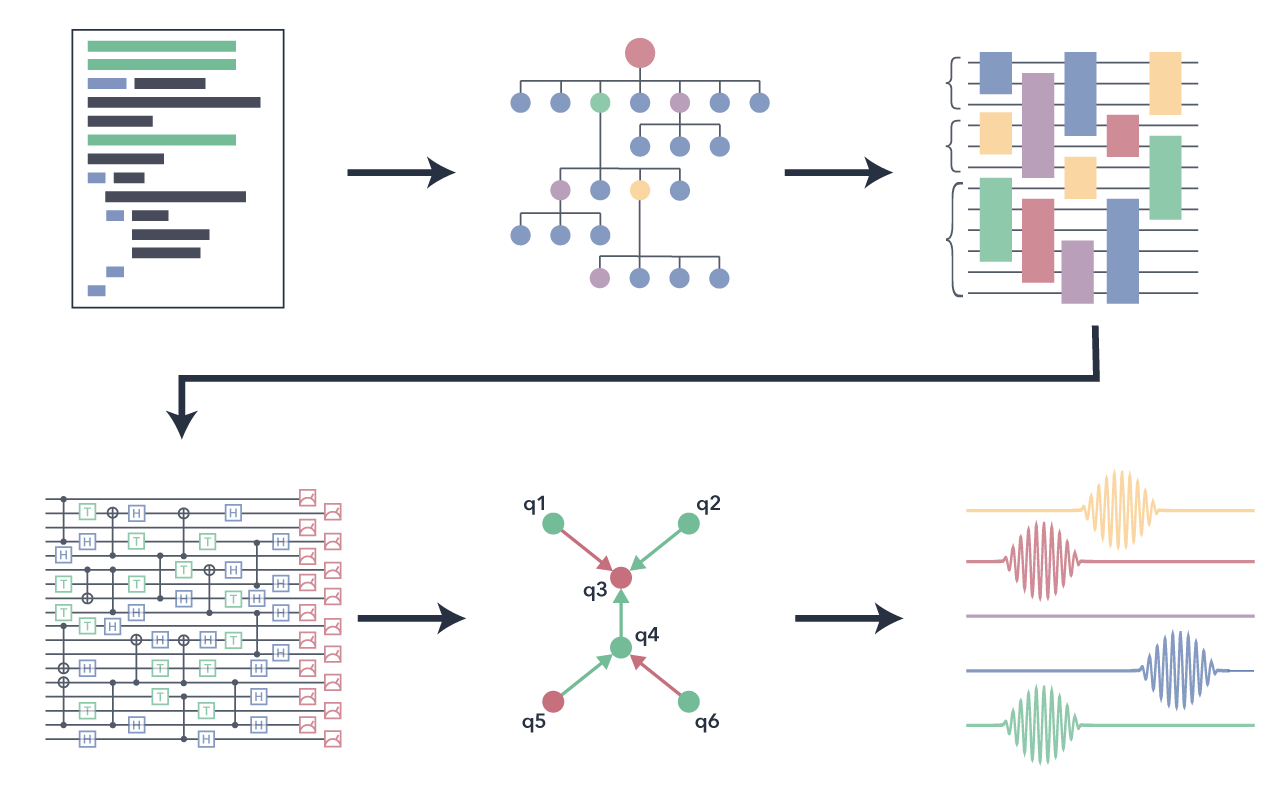Quantum Computing Democratized
Horizon Quantum Computing is developing a new generation of programming tools to simplify and expedite the process of developing software for quantum computers. By removing the need for prior quantum computing experience, Horizon’s tools will democratise the development of quantum-enhanced applications, making the power of quantum computing accessible to every software developer.
The Algorithms Bottleneck
With hardware on the way, the race is on to develop new applications for these systems. More than 240 leading researchers from academia and industry recently signed the Quantum Software Manifesto highlighting the need for investment in quantum software development. Unfortunately, there are significant barriers to developing useful quantum software.
Intuition Mismatch
Quantum mechanics defies our intuition, making it difficult to construct non-trivial algorithms.
Expertise Required
Developing non-trivial quantum algorithms and protocols requires years of experience.
Limited Talent Pool
Only a small community of researchers have experience developing quantum algorithms.
Lack of Necessary Tools
Little work has been done on quantum data structures and languages remain assembly-like.
Our Approach
At Horizon, we think about the challenge of programming quantum computers differently. Rather than relying on libraries of pre-programmed algorithms or requiring programs to be written using gate level languages, we think that you should be able to program a quantum computer in exactly the same way you program computers today. That's why we're pioneering an approach to quantum programming that allows programs written in a single unified language to be compiled and run on either conventional or quantum computers, producing fast efficient implementations no matter the platform. At the core of our technology is a process that automatically constructs quantum algorithms based on programs written in Matlab or Octave.

Source code is first parsed and then recast in a form that untangles and simplifies the code so that quantum speedups can be more easily detected. Elements of the program are then classified and replaced with more efficient quantum subroutines which accomplish the same task in different ways. Finally, these are translated into the basic building blocks of quantum algorithms and processed into a quantum program. This allows the programmer to gain a quantum speedup without the need to understand the underlying computational model and without having to restrict themselves to the limited functionality of pre-existing libraries. This allows greater flexibility and the opportunity to develop quantum algorithms for new domains without deep quantum expertise.
A Full Compiler Stack
The functionality of our system goes beyond simply constructing algorithms. We are developing a complete compiler stack that will span the entire chain from algorithms construction down to physical level implementation.

Our Team
At Horizon Quantum Computing, we are an interdisciplinary team of physicists and computer scientists trained in top-tier science and engineering universities. Individually, we are recognized specialists in quantum computing, and have published extensively in peer-reviewed journals. Aided by dedicated and experienced non-technical staffers, we are passionate about finding real-world uses for quantum computers, and are working closely together to develop a full-stack optimising compiler for quantum processors.
Leadership Team

Dr Joe Fitzsimons
Chief Executive Officer
Driven by the vision of quantum computing as a revolution in computing technology, Joe quit his tenured faculty position to found Horizon Quantum Computing in 2018. Drawing on over 15 years’ experience in quantum computing and computational complexity theory, today he fully dedicates his time to Horizon with the goal of making quantum computing a general purpose computing technology capable of addressing some of the world’s most challenging computational problems.
Joe received a BSc in Theoretical Physics from University College Dublin and a DPhil from Oxford, where he went on to become a fellow of Merton College. Prior to founding Horizon, he led the Quantum Information and Theory group at Singapore University of Technology and Design, where he was a tenured associate professor, and was a principal investigator at the Centre for Quantum Technologies. He has published at the highest levels in both theoretical computer science (FOCS, STOC, CCC, ITCS) and physics (Science, Nature Physics, Physical Review Letters, Physical Review X), and has been named as a National Research Foundation Fellow and to the MIT Technology Review Innovators Under 35 Asia list.

Dr Si-Hui Tan
Chief Science Officer
Si-Hui has broad experience of quantum information science, having been an active researcher in the field for 15 years. She received a BSc in Physics from Caltech and a PhD in Physics from MIT. Si-Hui joined Horizon Quantum Computing, shortly after its inception, to pursue the ambition of making quantum computers a reality for everyone. At Horizon, she heads the research development and helps to oversee daily operations.
Prior to joining Horizon, she has worked as a research scientist, initially at A*STAR’s Data Storage Institute, and subsequently at Singapore University of Technology and Design and the Centre for Quantum Technologies.
Si-Hui has published extensively in top physics journals, including Physical Review Letters and Physical Review X, and in well-known conference proceedings such as the IEEE Information Symposium on Information Theory and the SPIE International Symposium on Optics and Photonics.
Latest News
Latest Press Releases
Horizon Quantum Computing Increases Its Seed Financing To SGD 4.5 Million To Democratise Quantum Software Development
Singapore, 23 June 2020 - Horizon Quantum Computing, a Singapore-based company developing programming tools for quantum computers, today announced that it has increased its seed financing to SGD 4.5 million (USD 3.23 million) thanks to a seed-plus round led by Sequoia...



